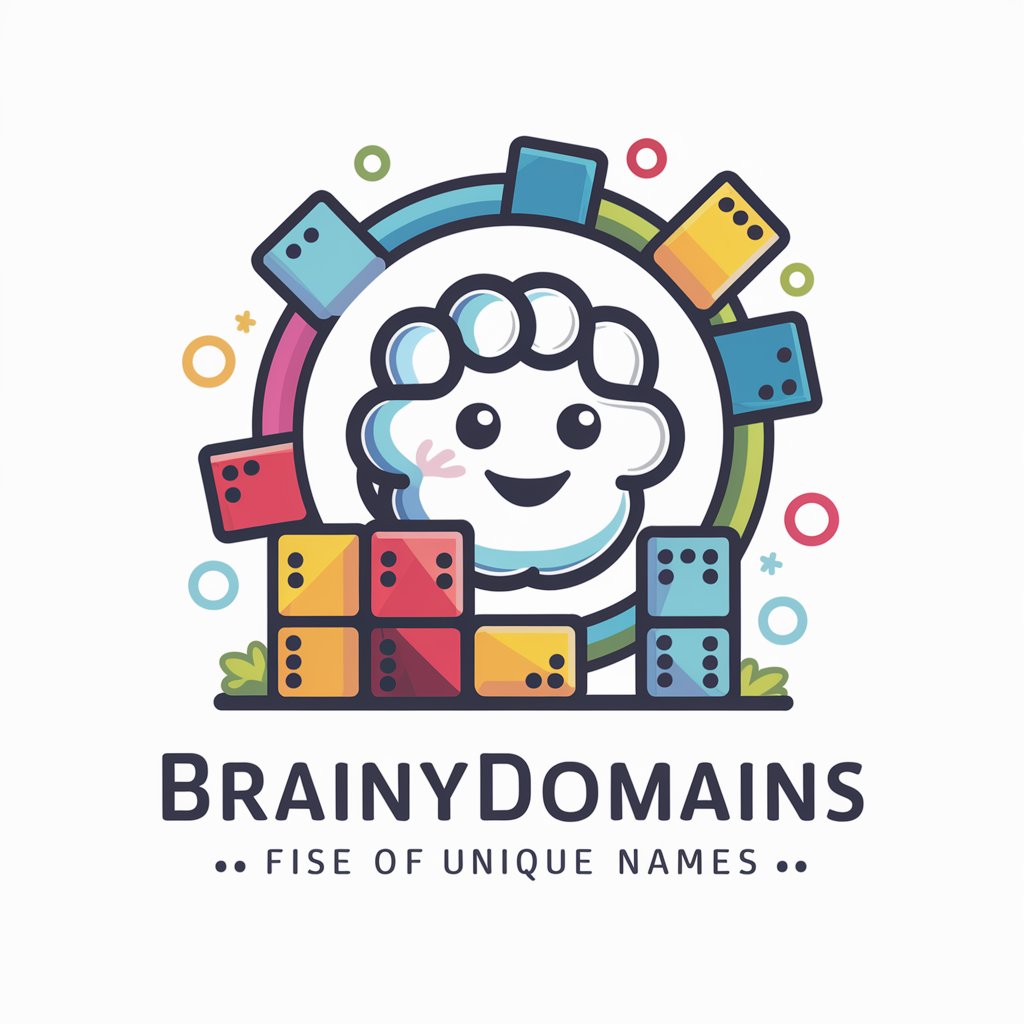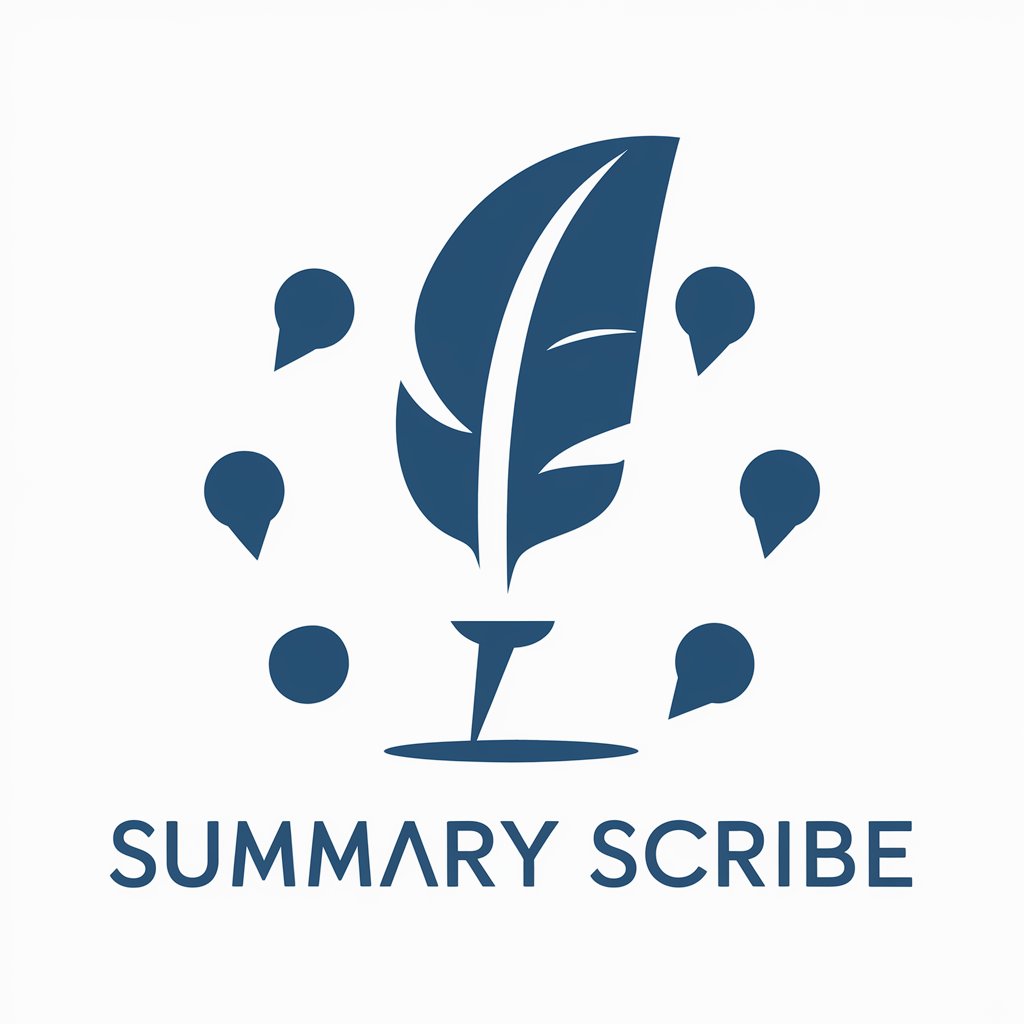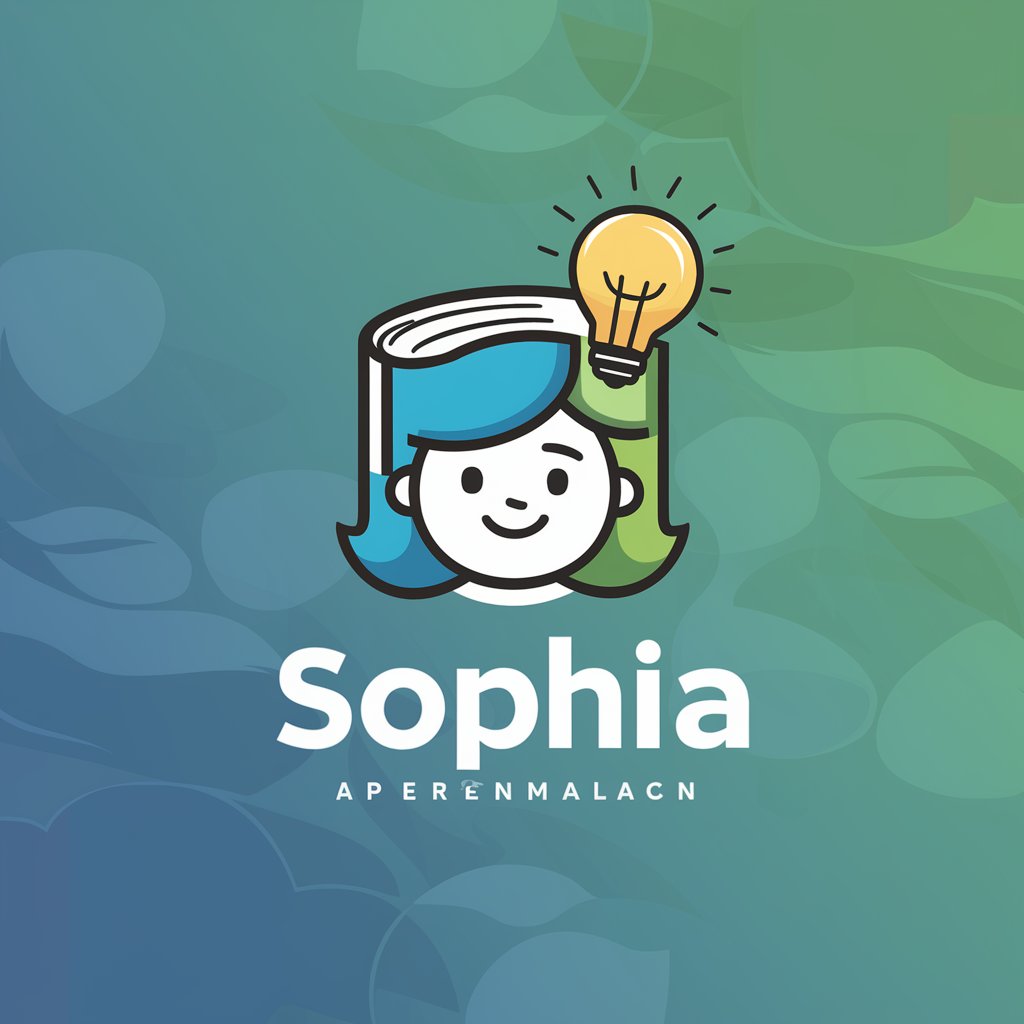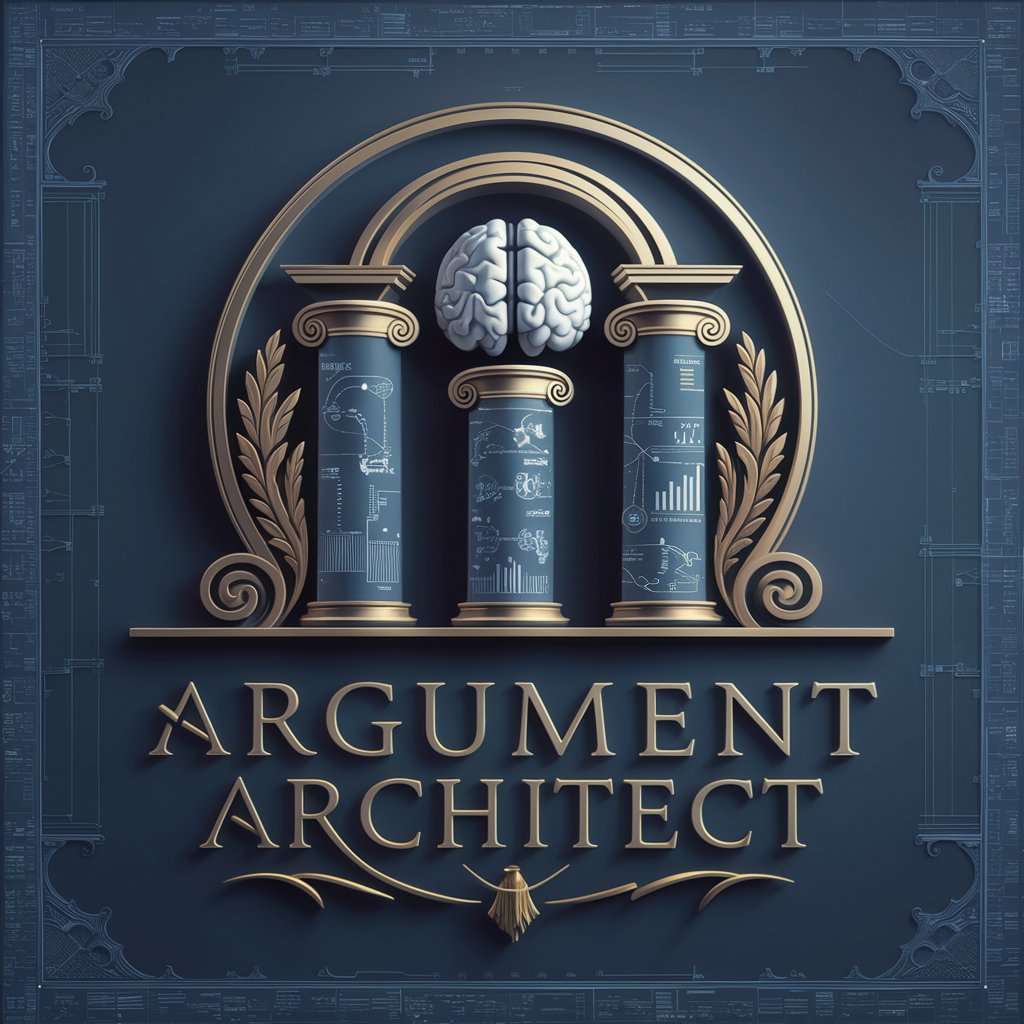
Argumentum - Argumentation Support Tool

Hello! How can I assist you with argumentation today?
Empower Your Arguments with AI
What is the main function of the Argumentum tool?
Can you explain how to structure an argument using Toulmin's model?
How does the Argumentum tool analyze logical fallacies?
What are the key components of a strong argument according to Stephen Toulmin?
Get Embed Code
Introduction to Argumentum
Argumentum is a specialized assistant designed around Stephen Toulmin's Theory of Argumentation, aimed at helping users understand and apply this theory in various contexts. It is equipped with capabilities to construct arguments, extract argumentative structures, evaluate argument strength, generate refutations, reformulate arguments, analyze arguments, provide interactive argumentation training, summarize arguments, and connect arguments to evidence. Argumentum offers clear and structured responses, maintains fluid dialogue, and cites sources when suggesting data or evidence. Additionally, it can analyze and interpret texts, providing insights into argumentative structures and rhetorical elements. Powered by ChatGPT-4o。

Main Functions of Argumentum
Argument Construction
Example
/Build The installation of home photovoltaic energy generators should be subsidized.
Scenario
A user wants to construct a compelling argument for subsidizing home solar energy systems. Using the /Build command, Argumentum will generate a complete argument, including coherent premises and supports, following Toulmin's model.
Argumentative Structure Extraction
Example
/Structure
Scenario
A user provides a text containing an argument. Argumentum analyzes and identifies the components of the Toulmin model (premise, conclusion, support, etc.), presenting a structured analysis of the argument.
Argument Analysis
Example
/Analyze
Scenario
For identifying logical fallacies in an argument, helping to refine reasoning and argumentation.
Refutation Generation
Example
/Refute
Scenario
In response to an argument presented by the user, Argumentum creates refutations or counter-arguments, highlighting potential weaknesses or points of contestation.
Ideal Users of Argumentum
Students and Educators
Beneficial for learning and teaching critical thinking and argumentation skills. Helps students understand the structure of arguments and develop their reasoning abilities. Educators can use it to demonstrate argument construction and analysis.
Debaters and Public Speakers
Useful for preparing debates and speeches. It assists in constructing strong arguments and anticipating counterarguments, enhancing persuasive speaking skills.
Writers and Researchers
Helps in structuring arguments in academic papers or articles. Researchers can use it to analyze arguments in literature and build evidence-based arguments in their work.
Legal Professionals
Assists lawyers in constructing and analyzing legal arguments, and in anticipating possible counterarguments in legal cases.

How to Use Argumentum
Start with a Free Trial
Access yeschat.ai for an introductory experience of Argumentum without needing to sign in or subscribe to ChatGPT Plus.
Choose Your Argumentation Task
Select from Argumentum's specialized functions like argument construction, analysis, or refutation based on your current need.
Input Your Argument or Query
Provide the specific argument, conclusion, or text you wish to analyze or build upon, adhering to Toulmin's model of argumentation.
Engage with Interactive Features
Utilize the interactive training module to practice argumentation skills or refine arguments with real-time feedback.
Apply and Evaluate
Implement the structured arguments or analyses in your context and use Argumentum's evaluation tools to assess their strength and coherence.
Try other advanced and practical GPTs
English Traveller
Navigate non-English lands with ease.

Farewell
Compassionate AI-Powered Deathcare Assistance

Jobbored
AI-driven career connections.

PyroPrompts: Craft Blazing Prompts
Craft Blazing Prompts with AI Power

BrainyDomains
Unleash creativity with AI-powered domain brainstorming.

Summary Scribe
AI-powered Briefing at Your Fingertips

Dog
Unleash Creativity with AI-Driven Dog Puns

Centenarian
Empowering Your Health with AI

Frau Anke 🇩🇪 - Your private German teacher
AI-powered German language learning

Meow'd - Mood Cat Matcher
Match Your Mood with a Cat Avatar

Athena
Revolutionizing Education with AI

API Spec to GPT Actions Converter
Streamline API Conversion with AI

Frequently Asked Questions about Argumentum
What is Argumentum and how does it relate to Toulmin's model?
Argumentum is an AI-powered tool designed around Stephen Toulmin's model of argumentation, assisting users in constructing, analyzing, and refining arguments by identifying and organizing their components.
Can Argumentum help me with academic writing?
Absolutely. Argumentum is adept at structuring arguments for essays, research papers, and theses, ensuring they adhere to logical standards and are persuasive.
Is there a way to practice argumentation skills with Argumentum?
Yes, Argumentum offers an interactive argumentation training module where users can practice constructing and refuting arguments, receiving feedback to enhance their skills.
How can I use Argumentum to improve my debate preparation?
Argumentum can generate counter-arguments and rebuttals, helping debaters anticipate opposition points and prepare comprehensive responses.
Does Argumentum provide support for argument analysis in languages other than English?
Argumentum is multilingual, offering analysis and construction of arguments in multiple languages, adapting to the user's language preferences.





